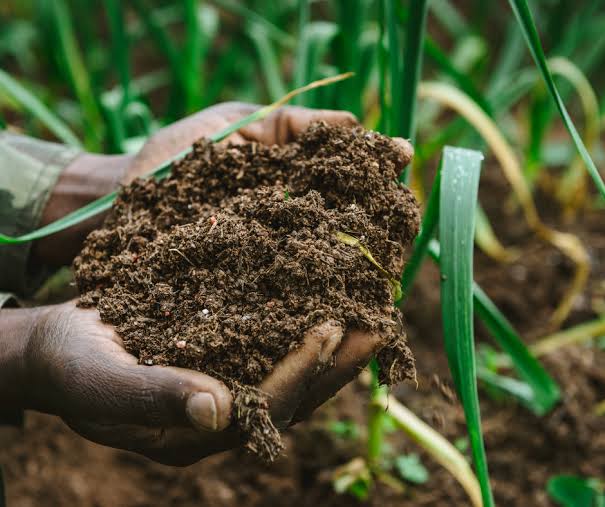The Federal Government has urged members of the National Assembly to incorporate the establishment of soil laboratories in all 774 Local Government Areas as part of their constituency projects.
The call was made by the Minister of State for Agriculture, Sen. Aliyu Abdullahi, during the Regional Hub for Fertiliser and Soil Health for West Africa and the Sahel workshop on the “Nigeria Soil Information System (SIS) Development” held on Thursday in Abuja.
The workshop was organized by the International Institute for Tropical Agriculture (IITA) in collaboration with its partners.
Sen. Abdullahi said the initiative would facilitate soil testing, ensure soil health, and promote a sustainable food system. “This will enable the country to achieve a transformed food system that guarantees sustainable food security,” he added.
He described the SIS as a “game-changer” for the restoration of degraded land and explained that the Federal Government is partnering with the Regional Hub at IITA and the International Soil Reference and Information Centre (ISRIC) to provide technical and strategic support.
The minister noted that Nigeria has 73 million hectares of land, of which only 34 million hectares are currently cultivated. He stressed the need for collaboration with investors to fully harness the country’s agricultural potential.
“At the end of the day, we will be able to meet global standards regarding soil health and quality food. Nigeria is vast, and attracting investors requires healthy soil. Standardized soil information based on global best practices will make the country more attractive to investors,” Sen. Abdullahi said.
He also highlighted the recently launched National Farmers Soil Health Scheme, designed to enhance agricultural productivity. “Less attention has been given to soil, the foundation of agriculture. The scheme will provide farmers with expert guidance on the types of crops suitable for specific soils and the appropriate nutrients and fertilizers required,” he explained.
Dr. Bernard Vanlauwe, Deputy Director General, R4D, IITA, said the regional fertiliser hub in Nigeria was initiated by the ECOWAS Director of Agriculture. The hub aims to provide technical assistance and support to 17 countries in West Africa and the Sahel.
He added that the hub ensures the Nigerian Soil Information System leverages the best available technologies and continuously integrates new science and innovations. “It also standardizes soil measurement procedures across countries so that soil parameters measured in Burkina Faso, for example, are comparable to those in Nigeria. This allows for regional analysis and planning,” Dr. Vanlauwe said.
He further emphasized the hub’s focus on capacity development, training, and equipping national agricultural systems and universities with new tools, methods, and technologies. “The hub will collaborate with all stakeholders to transfer new ways of doing business in agriculture across the region,” he said.


